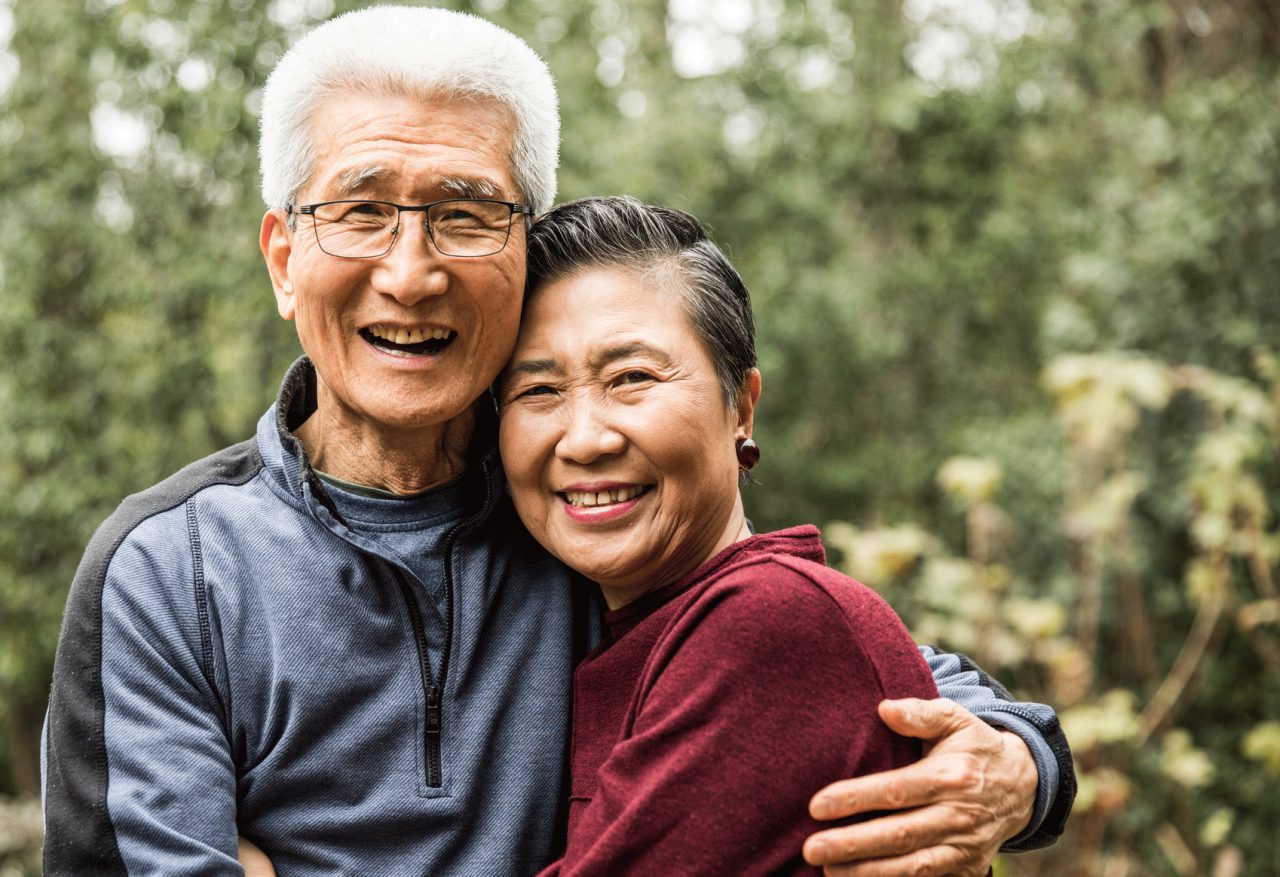You Can Lose Weight After 60

It's not true that you have a harder time losing weight as you age. Your most important goal is to maintain or build muscle mass. Here’s how to lose weight after 60.
Let’s say Susan, who is 70, needs to lose 60 pounds. Will it take her longer than it will for Sharon, who is only 50?
Most people would say yes.
But one study shows that isn’t so. Researchers randomly selected 242 patients who attended an obesity program, half between the ages of 60 and 78 and the other half under the age of 60. Then they compared their weight loss during the program.
It turned out that the older group lowered their weight by 7.3 percent on average, over an average of 33.5 months. The older group lost 6.9 percent and stayed in the program 41.5 months on average.
So, the older group lost more in less time.
YOU MIGHT ALSO LIKE: You Can Stay Mentally Sharp in Your Golden Years
To help the patients, most of whom were morbidly obese, the program focused on diet changes, emotional support, and encouraging physical activity.
More than 50 problems are related to obesity that losing weight can improve, including:
Many of them are also associated with age. So, as you get older, it’s more important to lose weight, lead author Thomas Barber, a professor of biomedical sciences at Warwick Medical School at the University of Warwick, noted.
It’s easier to lose weight in your 20s
Your ability to lose weight changes at around age 30, when your muscle mass dips, a process that speeds up at 40. Fat will replace the lost muscle, and you’ll require fewer calories for the same activity.
Women also go through hormonal changes at menopause — sometime between 45 and the early 50s — that shift fat to their bellies. Men have declines in testosterone that also put weight around their middle, but the change is more gradual.
That’s why people tend to gain weight into their 50s. But at some point, most people stop gaining and start to lose weight in their 70s.
How to lose weight as you age
The best approach to stay slender and healthy as a senior is to maintain muscle. You can do that with movements that use your body weight for resistance, for example when you do a plank, push-up, or squat. Pilates classes focus on your core muscles in your abdominal area. Balancing poses in yoga classes build strength as well.
It also helps to eat protein and vegetables, get enough sleep, and find ways to de-stress that don’t involve comfort food.
Younger people have it harder because our culture has shifted in ways that promote fat. It’s possible that long-term exposure to chemicals — in everything from plastic packaging to food — has changed our endocrine systems in fat-promoting ways.
Types of drugs that have become increasingly popular — like antidepressants, anti-allergy medicines, and steroids — can lead to weight gain. The gut bacteria in younger people may be pushing them towards higher body mass indexes as well
Updated:
August 18, 2023
Reviewed By:
Janet O’Dell, RN